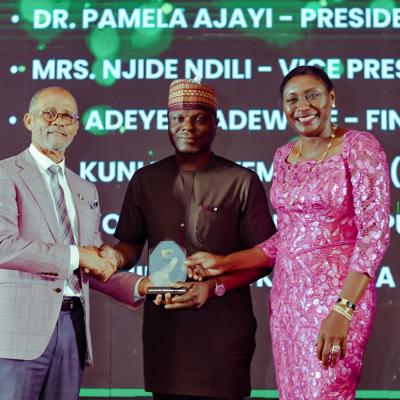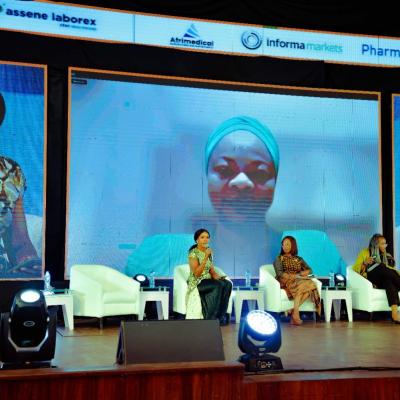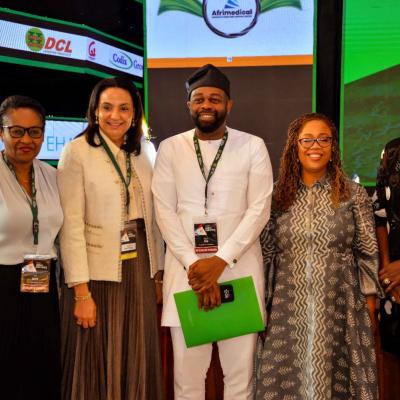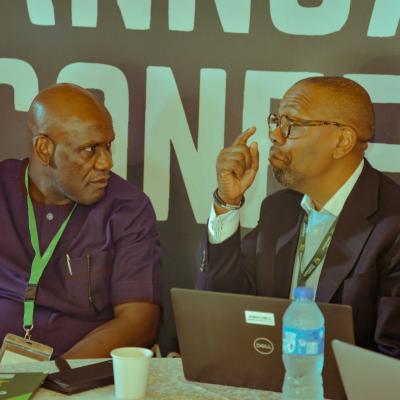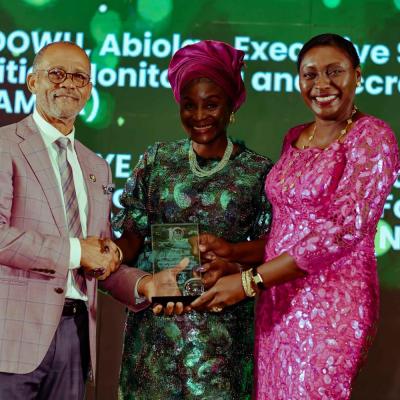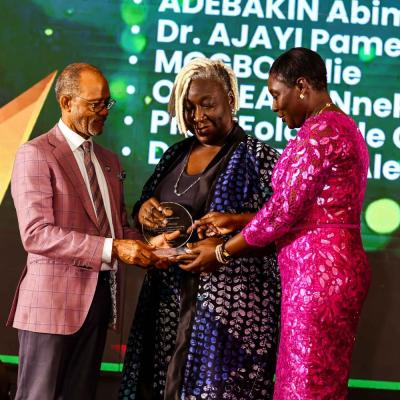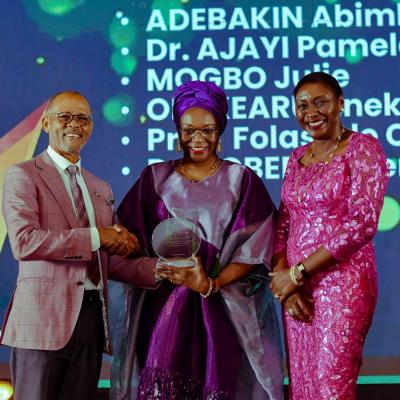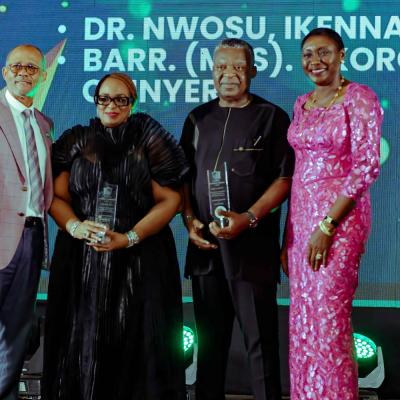Why we are hopeful about improving health in Africa
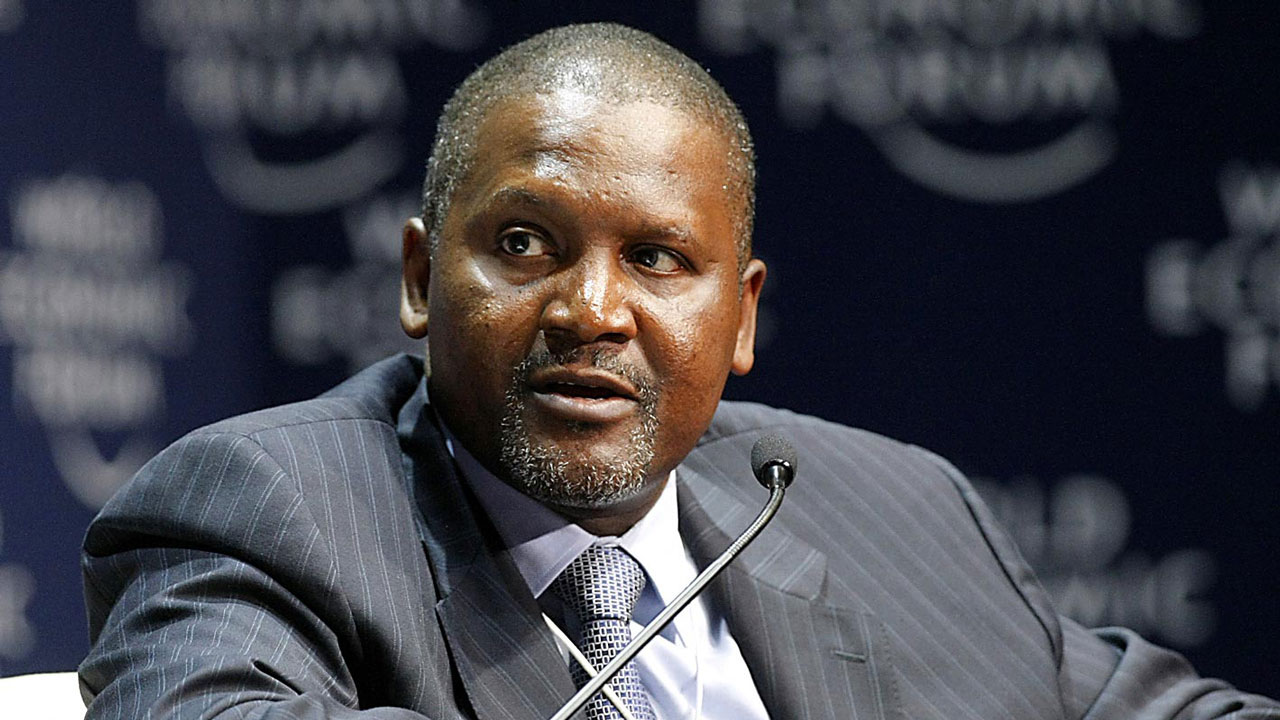 This week, more than 138,000 vaccinators will fan out across five African countries in the Lake Chad area in a push to eliminate polio in Africa and rid the world of this terrible disease forever.
This week, more than 138,000 vaccinators will fan out across five African countries in the Lake Chad area in a push to eliminate polio in Africa and rid the world of this terrible disease forever.
They will take boats across fast-flowing rivers, ride jeeps along sandy ravines, walk crowded street in towns and cities and navigate cramped quarters of refugee camps to ensure that every child is immunized. Traveling for hours a day, these dedicated women and men will visit children in homes, schools, train stations, and transit points across Nigeria, Niger, Chad, Cameroon, and the Central African Republic.
FG Tasks Nigerian Doctors in Diaspora on Health Sector
 The Federal Government on Tuesday challenged the Nigerian medical doctors in the Diaspora to use their knowledge and expertise to develop the nation’s health sector. The Senior Special Assistant to the President on Foreign Affairs and Diaspora, Mrs Abike Dabiri-Erewa, gave the task when the Association of Nigerian Physicians in America (ANPA) visited her in Abuja. The association was led by its President, Dr Johnson Adeyanju. The presidential aide also challenged the Diaspora working in the health sector to build a world class hospital in the country as it was done by their counterparts in Ethiopia. “Nigeria is blessed with human and natural resources and we commend you for what you have been doing.
The Federal Government on Tuesday challenged the Nigerian medical doctors in the Diaspora to use their knowledge and expertise to develop the nation’s health sector. The Senior Special Assistant to the President on Foreign Affairs and Diaspora, Mrs Abike Dabiri-Erewa, gave the task when the Association of Nigerian Physicians in America (ANPA) visited her in Abuja. The association was led by its President, Dr Johnson Adeyanju. The presidential aide also challenged the Diaspora working in the health sector to build a world class hospital in the country as it was done by their counterparts in Ethiopia. “Nigeria is blessed with human and natural resources and we commend you for what you have been doing.Lagos plans compulsory health insurance scheme for residents
 The Lagos State Government on Tuesday said that plans were in progress to start its compulsory Health Insurance Scheme for all residents to ensure adequate healthcare services.
The Lagos State Government on Tuesday said that plans were in progress to start its compulsory Health Insurance Scheme for all residents to ensure adequate healthcare services.
The Commissioner for Health, Dr Jide Idris, who made the assertion during the “Mamaye Day’’ celebration at Ikeja, said that the scheme would enrol a family of six with the premium paid in monthly instalments.
Meningitis outbreak in Nigeria: Is there an end in sight?
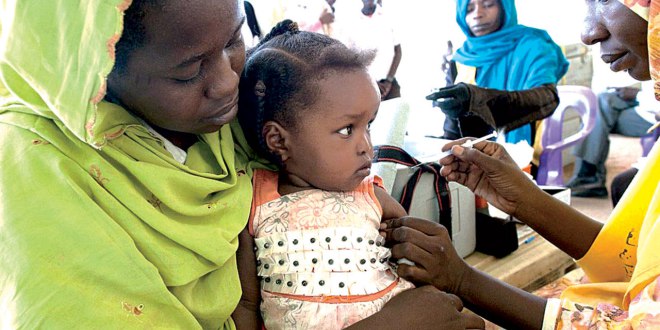 As of April 17 2017, there had been over 8000 reported cases of Meningitis in Nigeria, and nearly 800 deaths, and it’s not slowing down yet. The first case of the disease was first reported in Zamfara state in November 2016. By February 2017, it had become more widespread in the Northwest and Northcentral zones in Nigeria and was declared an epidemic in six states Katsina, Kebbi, Zamfara, Niger, Sokoto and Yobe.
As of April 17 2017, there had been over 8000 reported cases of Meningitis in Nigeria, and nearly 800 deaths, and it’s not slowing down yet. The first case of the disease was first reported in Zamfara state in November 2016. By February 2017, it had become more widespread in the Northwest and Northcentral zones in Nigeria and was declared an epidemic in six states Katsina, Kebbi, Zamfara, Niger, Sokoto and Yobe.
Meningitis is an inflammation of the protective membranes covering the brain and spinal cord, usually caused by bacterial, viral, fungal or parasitic infection of the surrounding fluid. Viral and Bacterial meningitis are contagious and can usually be transmitted by overcrowding, coughing, sneezing and close contact. Epidemic meningitis is most often caused by the bacteria known as Neisseria Meningitidies. It has different strains but Serotype C accounts for about 80% of the Nigerian outbreak.
UNICEF donates 850,000 vaccines, N17m to Sokoto State
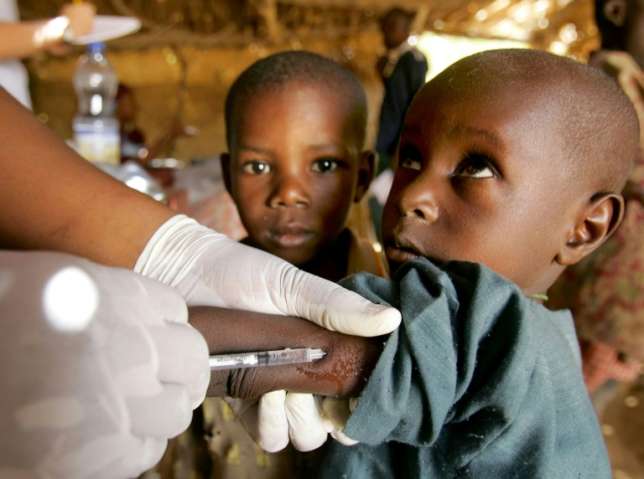 The United Nations Children Fund (UNICEF) has donated 850,000 doses of vaccines to Sokoto State government to tackle Cerebrospinal Meningitis in the state.
The United Nations Children Fund (UNICEF) has donated 850,000 doses of vaccines to Sokoto State government to tackle Cerebrospinal Meningitis in the state.
Mohammad Mohiuddin, UNICEF chief, Sokoto Zonal Office, made the disclosure on Wednesday in Sokoto at a sensitisation meeting for media practitioners, religious and traditional leaders, as well as other stakeholders.
Lagos To Improve Delivery Of Health Services As Residents Kick
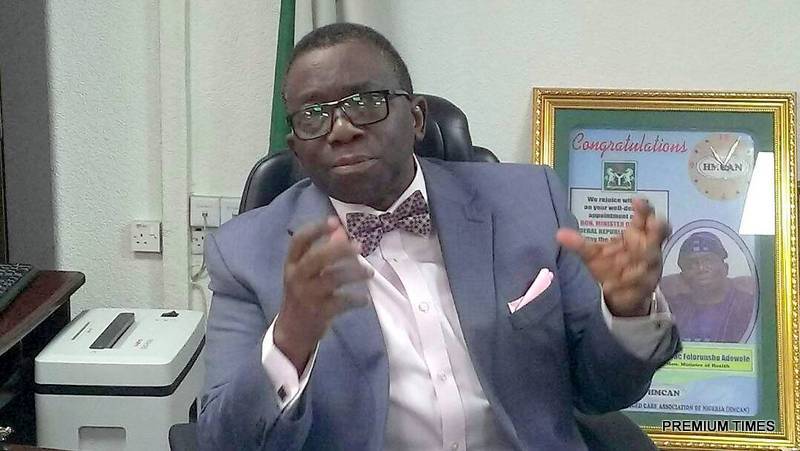 As stated by the Minister of Health, Prof Isaac Adewole, one of the cardinal programmes of President Mohammadu Buhari’s administration is to engage in massive revitalization of Primary Healthcare Centers (PHCs) in Nigeria in order to ensure that quality basic health services is delivered to Nigerian masses irrespective of their location in the country.
As stated by the Minister of Health, Prof Isaac Adewole, one of the cardinal programmes of President Mohammadu Buhari’s administration is to engage in massive revitalization of Primary Healthcare Centers (PHCs) in Nigeria in order to ensure that quality basic health services is delivered to Nigerian masses irrespective of their location in the country.
He also revealed that the government’s intention is to focus on providing health services to the over 70 percent of Nigerians living in the rural areas including the vulnerable such as women, children under five years of age and the elderly.
WHO Unveils New Malaria Vaccine
 The World Health Organisation (WHO) on Monday unveiled a new malaria vaccine called RTS,S that will be piloted in Kenya, Ghana and Malawi next year to gauge its efficacy and safety.
The World Health Organisation (WHO) on Monday unveiled a new malaria vaccine called RTS,S that will be piloted in Kenya, Ghana and Malawi next year to gauge its efficacy and safety.
The WHO Regional Director for Africa, Matshidiso Moeti, said the launch of the malaria vaccine, developed after years of painstaking research, marked a critical milestone in the fight against the tropical disease.
Medical Practitioners Seek End to Acrimony in Health Sector
 In a novel initiative that seeks the rebirth of a new regime of harmony among the different professionals in the health sector, experts drawn from each of the major health disciplines will brainstorm at a symposium holding at the University of Lagos on May 11.
In a novel initiative that seeks the rebirth of a new regime of harmony among the different professionals in the health sector, experts drawn from each of the major health disciplines will brainstorm at a symposium holding at the University of Lagos on May 11. Govt Urged to Enact Policy on Antibiotics
 The Association of Medical Laboratory Scientists of Nigeria (AMLSN), Federal Capital Territory (FCT) chapter, has called on government to put in place a policy that would regulate the testing, prescription and use of antibiotics.
The Association of Medical Laboratory Scientists of Nigeria (AMLSN), Federal Capital Territory (FCT) chapter, has called on government to put in place a policy that would regulate the testing, prescription and use of antibiotics.WHO, UNICEF Explain why Immunisation Fails in Nigeria
 The World Health Organisation and the United Nations Children Emergency Fund have identified religious beliefs, culture and ignorance as factors responsible for the low immunisation coverage rate in Nigeria.
The World Health Organisation and the United Nations Children Emergency Fund have identified religious beliefs, culture and ignorance as factors responsible for the low immunisation coverage rate in Nigeria.

